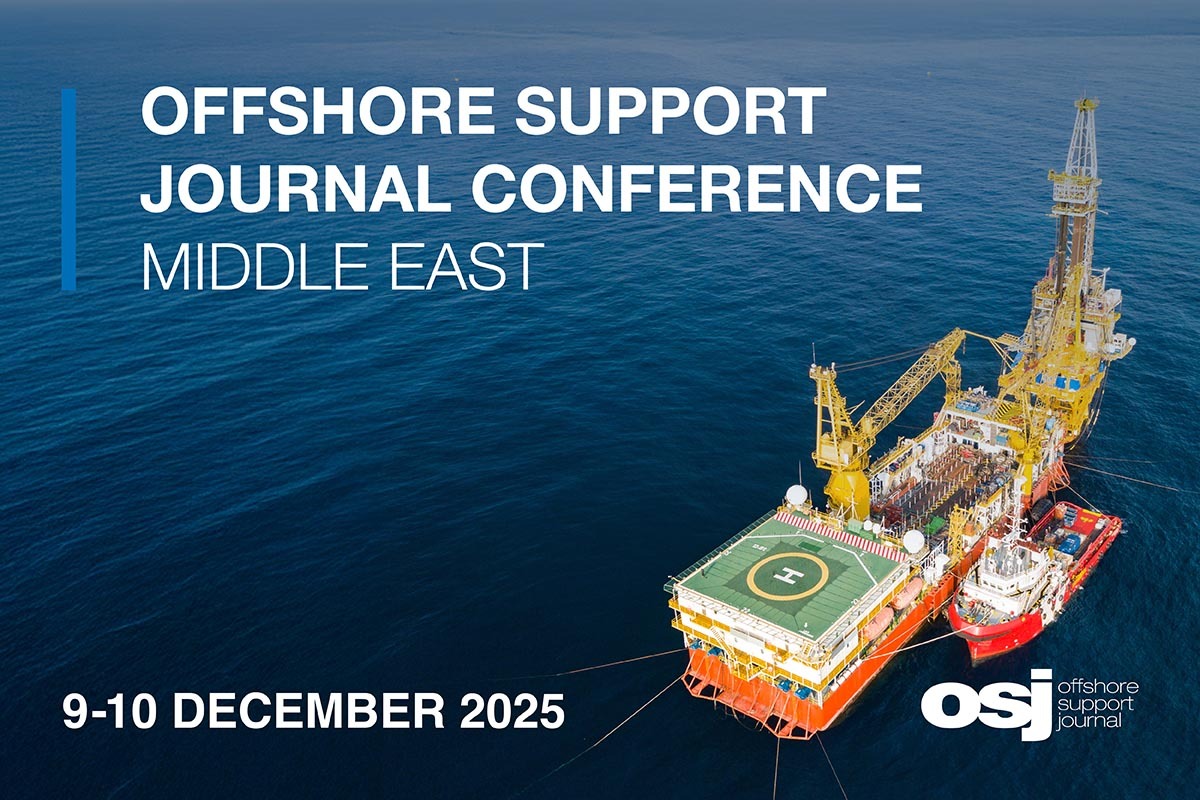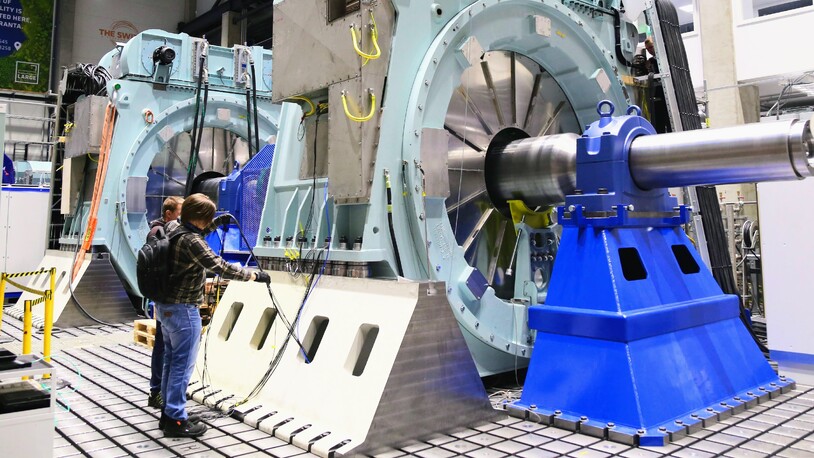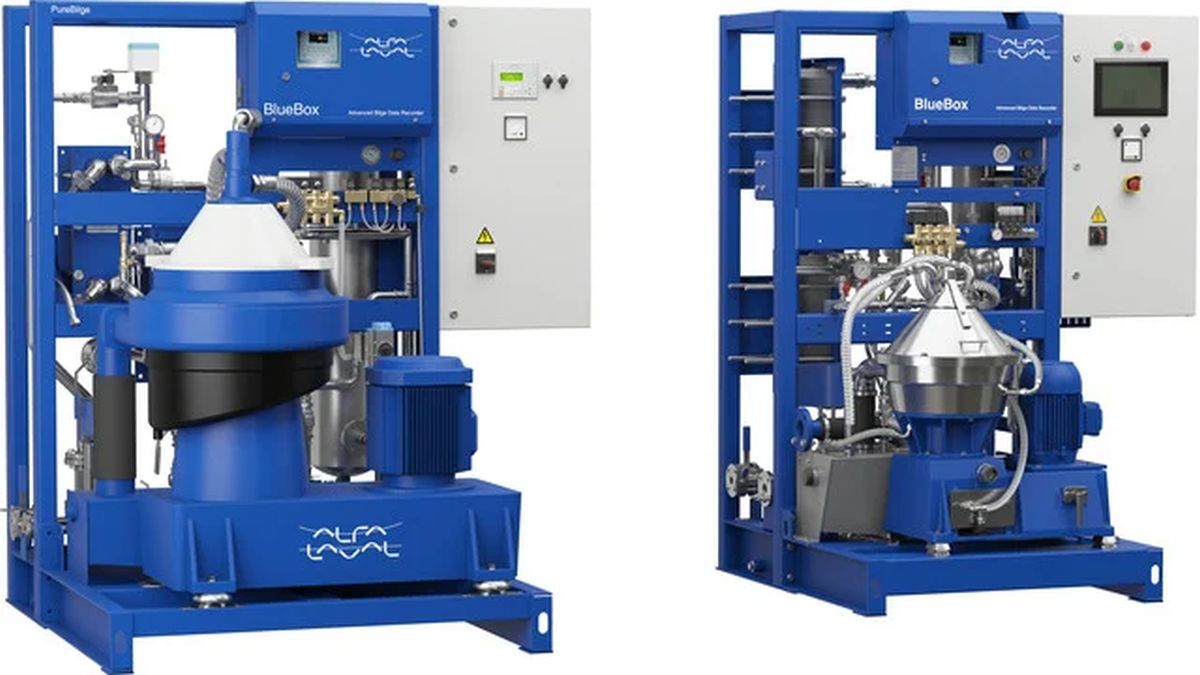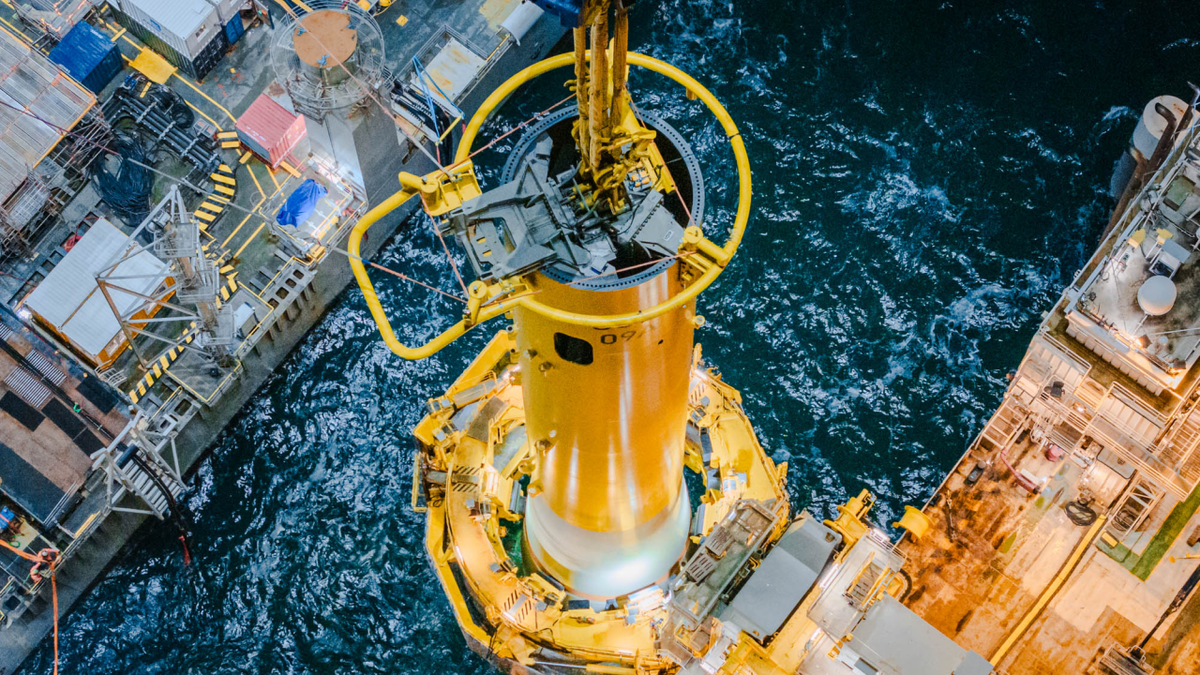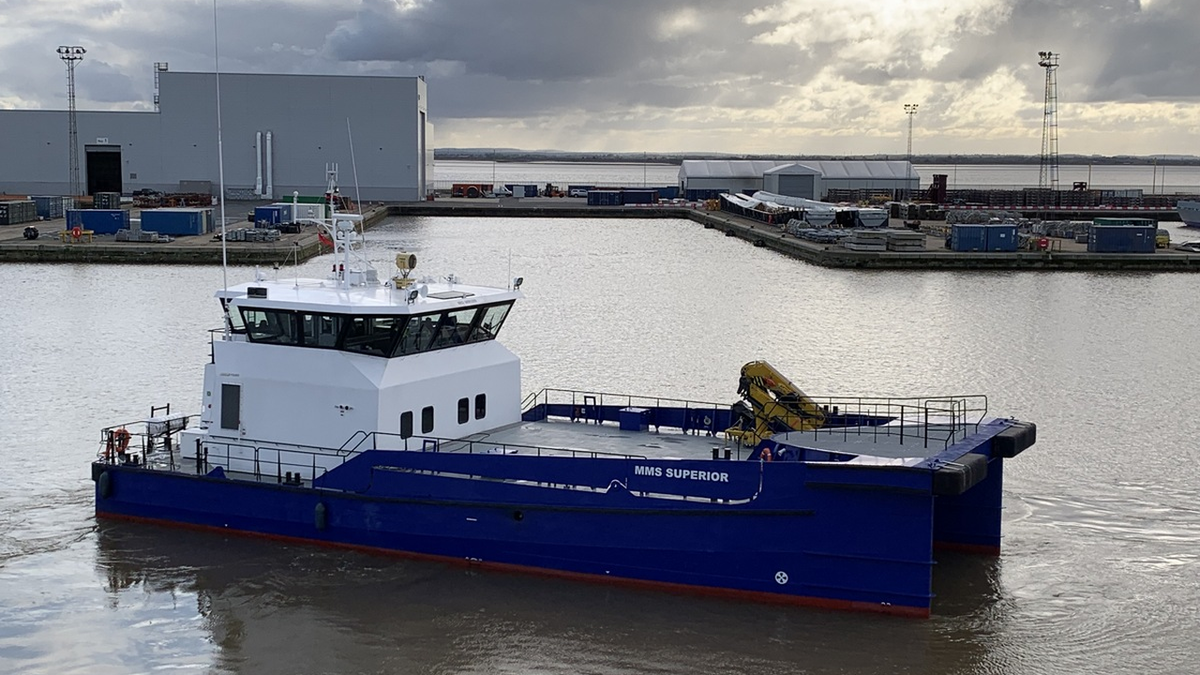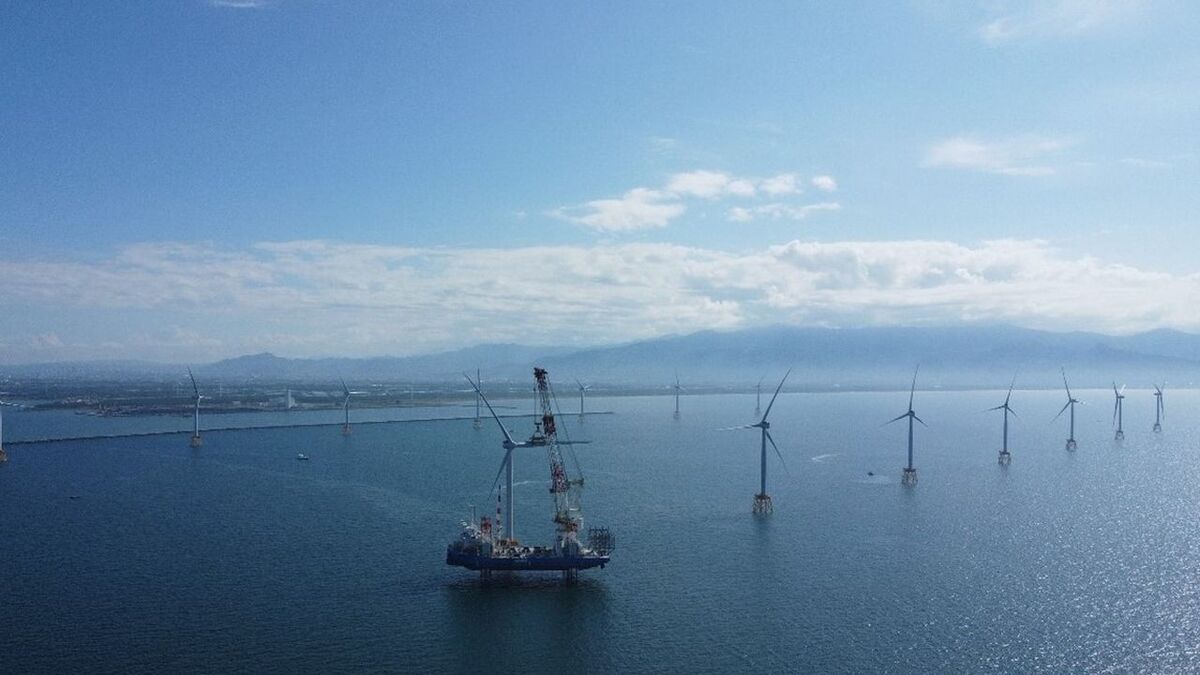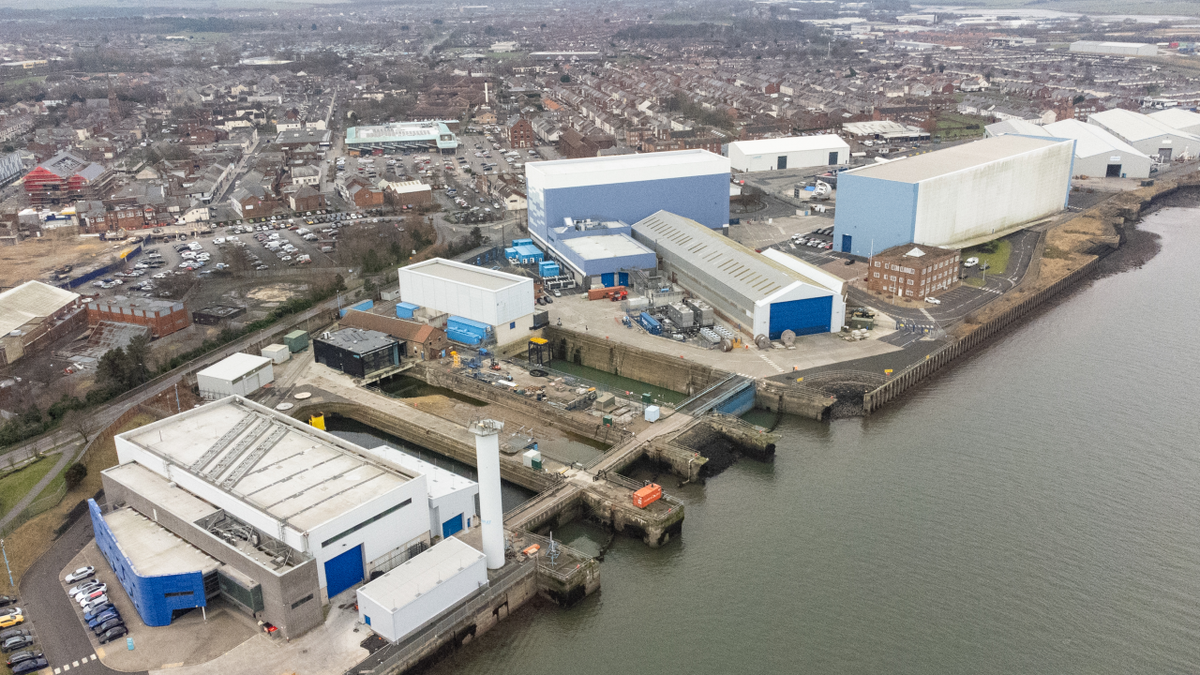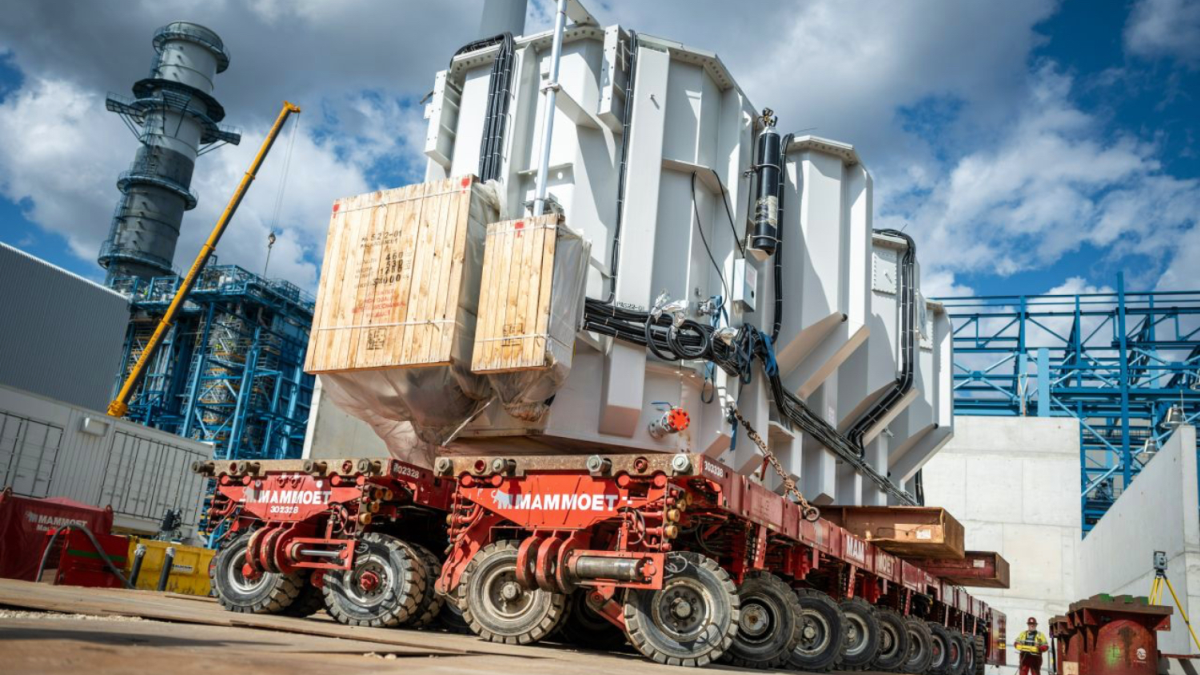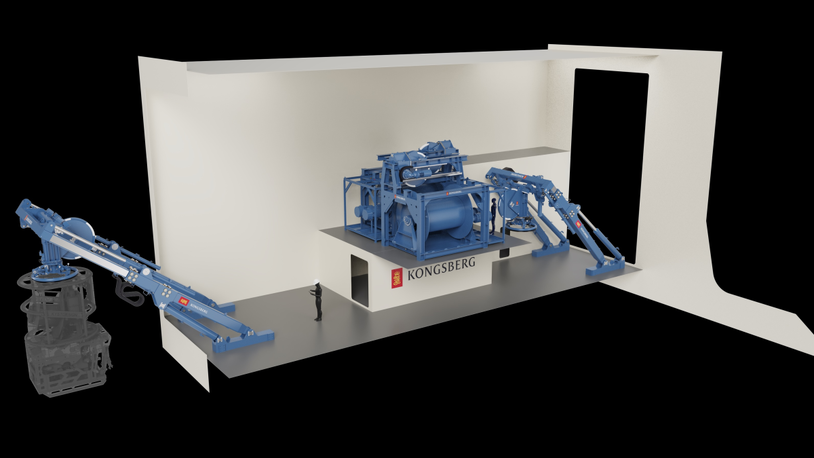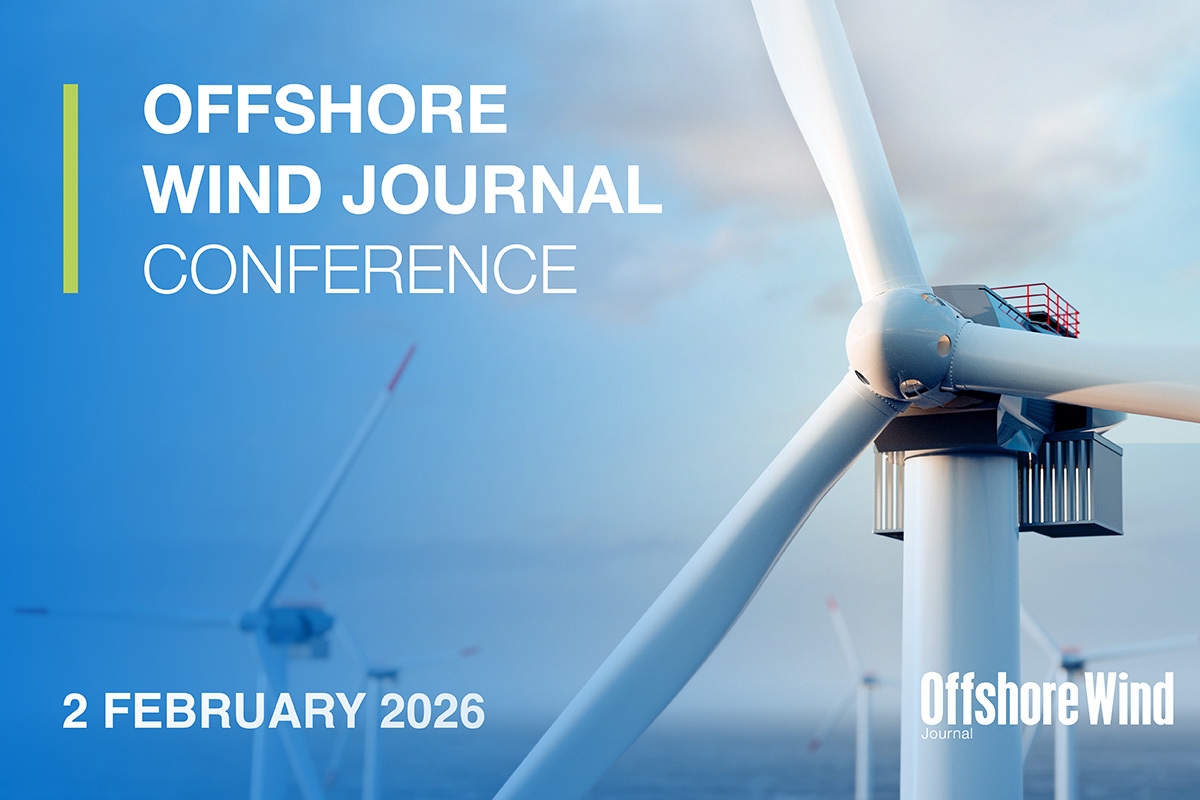Business Sectors
Events
Offshore Support Journal Conference, Middle East 2025
Contents
Register to read more articles.
Oily water separators: the unseen guardians of marine pollution prevention
Advances in oily water separator technology are enhancing compliance and efficiency, driven by regulatory developments at IMO
Oily water separators (OWS) play a crucial, yet often overlooked, role in protecting the marine environment by ensuring ships comply with international discharge standards. As regulations evolve and technological advancements continue, manufacturers and regulators alike are focusing on enhancing the efficiency and reliability of these essential systems.
In response to increasing environmental scrutiny, recent developments in OWS technology have introduced more efficient and adaptable solutions.
In June 2023, Alfa Laval launched its PureBilge Compact system, designed for smaller vessels and retrofit applications. The system employs centrifugal separation to remove oil pollution, exceeding International Maritime Organization’s (IMO) 15 ppm limit.
In September 2023, RWO Water Technologies introduced the OWS-PT, which eliminates the need for an additional feed pump, providing greater installation flexibility and reducing operational complexity.
In April 2023, BEKO Technologies developed the QWIK-PURE active oil-water separator, which enhances reliability by actively pushing condensate through filters using compressed air, offering a scalable and modular design.
HSN-Kikai Kogyo, a Japanese manufacturer, offers the HFM series bilge separators, including models such as the HFM-100 and HFM-500, which are known for their compact design and compliance with stringent environmental regulations.
These separators are designed to handle varying operational conditions while ensuring that oil discharge remains within regulatory limits.
MySep has also contributed to the industry with its advanced software solutions, released in early 2024, which allow for more precise design and performance simulations of separation systems.
Regulatory developments continue to shape the direction of OWS technology. IMO is currently reviewing amendments to resolution MEPC.107(49), with discussions focusing on introducing flow switches and pressure sensors to improve compliance monitoring.
These proposed changes aim to enhance the accuracy and reliability of OWS operation, addressing longstanding concerns about system manipulation and non-compliance.
On the regulatory front in the United States, the US Coast Guard has maintained a strong focus on enforcement, particularly with respect to illegal discharges through bypass mechanisms, commonly referred to as ’magic pipes.’ While no recent amendments to OWS-related legislation have been reported, the agency continues to issue guidance and conduct inspections to ensure vessels adhere to environmental standards.
As regulations become more stringent and technology continues to evolve, shipowners and operators face increasing pressure to invest in advanced OWS solutions.
The growing emphasis on compliance and sustainability underscores the critical role of these systems in modern shipping operations, safeguarding the oceans from pollution while supporting regulatory compliance.
Sign up for Riviera’s series of technical and operational webinars and conferences:
- Register to attend by visiting our events page.
- Watch recordings from all of our webinars in the webinar library.
Related to this Story
Events
Offshore Support Journal Conference, Middle East 2025
Maritime Regulations Webinar Week
Maritime Decarbonization Conference, Americas 2026
Offshore Wind Journal Conference 2026
© 2024 Riviera Maritime Media Ltd.
